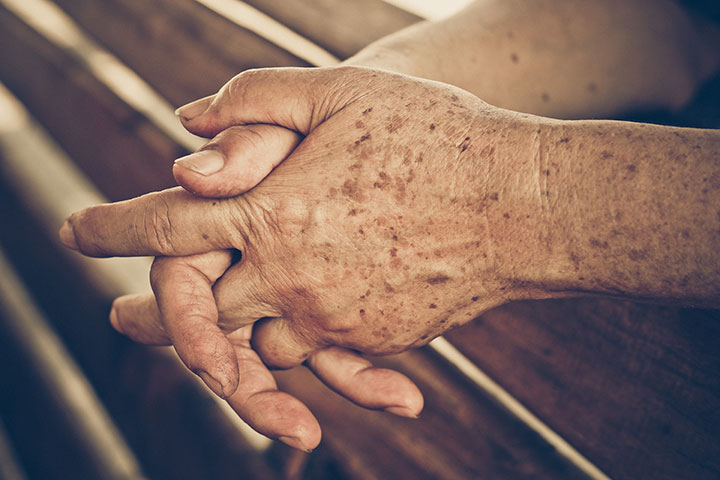Perhaps the greatest challenge seniors face is accepting who they are now, not trying to remain the way they used to be.
That’s easier for some of the changes wrought by aging than for others. Wrinkles and hair color can be hidden, but that’s not as true of what the body can do. Unless they are incredibly lucky, most seniors have had to cut back on their daily three-mile jog, can no longer scamper nimbly up the stairs to find the missing car keys, or even waltz gracefully around the dance floor.
That’s not to say they have given up. As families and caregivers will testify, most seniors are fiercely independent and many have found ways to deal with the painful knees and hips, the ever-present fatigue, and the overall pains induced by years of use, overuse, and abuse.
Not surprisingly, most seniors have devised coping strategies. Families and caregivers can assist without being intrusive. For instance, they can take over the driving, do the shopping, fix meals, help with such simple chores as doing the laundry or changing beds but, again, without simply taking over. Those independent seniors need to stay involved.
Coping Mechanisms
Some coping mechanisms are obvious and generic, such as eye glasses and hearing aids, canes and walkers. Others are gender specific. Over the head elastic and front closure bras, for instance.
Some are far more subtle and designed for specific needs. For example:
- All sorts of assists are available for low vision. Find out how to reverse colors—white on dark is easier to read than dark on white. You also need a good supply of magnifying glasses, starting with the smart phone app, “Spectacles,” which is great once you figure out how to focus it, along with handheld devices of 2X or up to 5X, depending on your needs.
- Audio books and books on tape are other easy solutions for those who have low vision problems and trouble reading.
- Suction-held hand grips and/or a stool and hand-held shower head provide safer and easier self-bathing;
- If you qualify for a handicapped parking pass, get it and use it — even if you don’t consider yourself “handicapped.” You have no idea how much easier it is to park close and conveniently.
- Invest in an over the shoulder bag to replace your heavy purses and handbags. A sizeable waist pack or light backpack are other options and make it so much easier to tote your wallet, cell phone and other essentials.
- And while you are at it, pare down your purse and wallet. Carry only what you absolutely need, maybe just ID, a credit card or two. and a bit of cash — then leave the rest at home.
- Same with keys. Why lug a heavy keychain when you only need a house key and a car key?
- Doing some shopping? Invest in a wheeled cart — the kind that “climbs” stairs — to tote your packages. Saves strain on back, arms and shoulders and gives you an extra crutch to lean on if necessary.
- If you have trouble getting in and out of a car, those well-advertised swivel seats are a great help, as are the handles you can insert in the door to help you get out and stand up.
Do Your Research
The list of useful coping devices could, and should be, endless because every senior, either knowingly or unconsciously, has found ways to cope with all sorts of age-related problems. You probably have some of your own but never thought of them as coping mechanism, merely as ways to make your life more manageable.
If you need more ideas — and to get a heads up on what may be coming next — check out some of the catalogs and websites aimed at seniors (even though they don’t necessarily advertise themselves that way). Elder Store, Easy Comforts, and The Wright Stuff are good places to start or you can turn to Google, checking out such topics as low vision aids, mobility assistance or whatever your need may be.
Remember, seniors want to be independent. They need to perfect the art of coping to meet their own individual needs. To accomplish this, they need positive support from family and caregivers. Seniors who manage to remain positive and accept themselves as they are now, not as they once were, and somehow manage to keep smiling, have truly mastered the art of coping.
(This article has been updated August 2024 since it originally published September 2017.)
